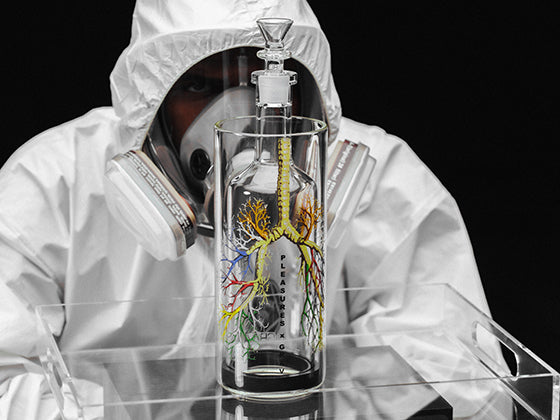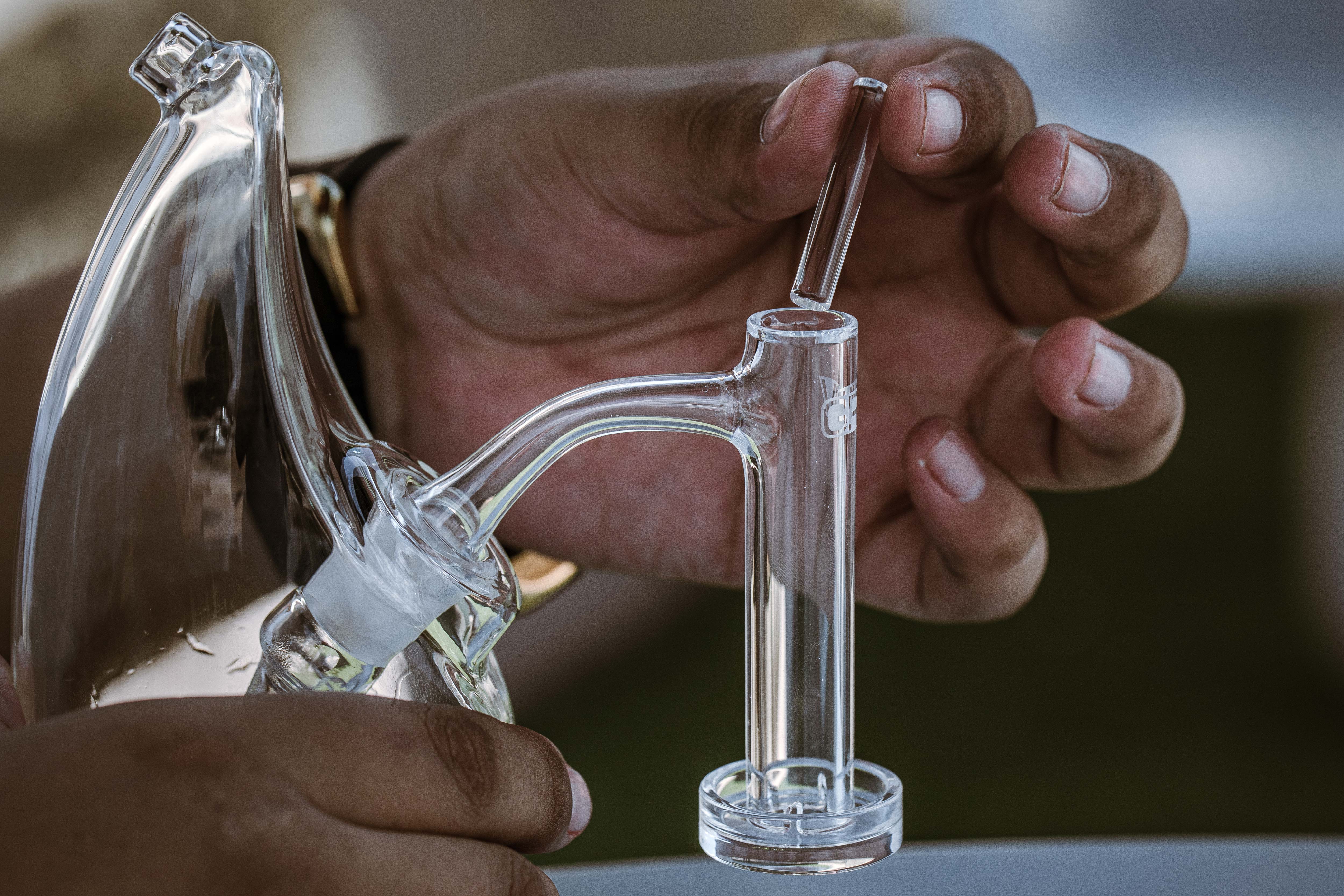Pride Month is a time to celebrate the vibrant diversity and resilience of the LGBTQ+ community. It's an opportunity to reflect on the significant political and social strides made over the years and to honor those who have tirelessly paved the way for progress. Among the many battles fought and won, one crucial aspect often overlooked is the profound impact the HIV/AIDS epidemic had on the legalization of medical cannabis. This intersection of healthcare and LGBTQ+ rights is a testament to the community’s unwavering spirit and activism.
The Intersection of Crisis and Activism
The HIV/AIDS epidemic of the 1980s and 1990s devastated the LGBTQ+ community, claiming countless lives and leaving many grappling with severe symptoms and side effects from the limited treatment options available. Amidst this crisis, a beacon of hope emerged in the form of medical cannabis. Patients and caregivers began to notice that cannabis could alleviate pain, stimulate appetite, and reduce nausea, offering a semblance of relief to those suffering from the ravages of AIDS.
Denis Peron: A Pioneer in Medical Cannabis Advocacy
One of the most notable figures in this movement was Denis Peron, an openly gay man who became a leading advocate for the medical use of cannabis. Peron’s journey into activism was deeply personal; his partner, Jonathan West, suffered from AIDS and found solace in cannabis during his illness. This personal experience galvanized Peron to fight for the legalization of medical cannabis, recognizing its potential to alleviate suffering for many in his community.
Peron co-authored Proposition 215, also known as the Compassionate Use Act of 1996, which was the first successful medical marijuana referendum in the United States. The act allowed patients and caregivers to possess and cultivate cannabis for medical use with a doctor’s recommendation, marking a significant victory not only for those battling debilitating illnesses but also for the LGBTQ+ community at large.

The Compassionate Use Act of 1996: A Milestone in Medical Cannabis
The passage of Proposition 215 was a watershed moment in the history of cannabis legalization. It underscored the critical role that compassion and empathy play in shaping healthcare policies. For the LGBTQ+ community, this victory was more than just a legislative achievement; it was a powerful affirmation of their right to seek relief and healing in the face of a public health crisis.
The act also highlighted the intersection of healthcare and LGBTQ+ rights, showcasing the community’s resilience and activism. It set a precedent that would eventually lead to broader acceptance and legalization of medical cannabis across the United States. The movement spearheaded by Peron and others demonstrated the power of grassroots activism and the importance of standing up for what is right, even in the face of adversity.
The Legacy of LGBTQ+ Activism in Cannabis Legalization
Today, the legacy of activists like Denis Peron continues to inspire. The fight for medical cannabis legalization has paved the way for further reforms and has helped to destigmatize cannabis use. It has also opened doors for discussions about the therapeutic potential of cannabis for a variety of conditions, benefiting countless individuals beyond the LGBTQ+ community.
As we celebrate Pride Month, it’s essential to remember and honor the contributions of LGBTQ+ activists who have fought for both equality and compassion. Their efforts have not only advanced LGBTQ+ rights but have also brought about meaningful change in the realm of healthcare. The story of medical cannabis legalization is a powerful reminder of the impact that dedicated, passionate individuals can have on society.
Pride Month is not only a celebration of who we are but also a call to action to build a better, more inclusive world for future generations.














